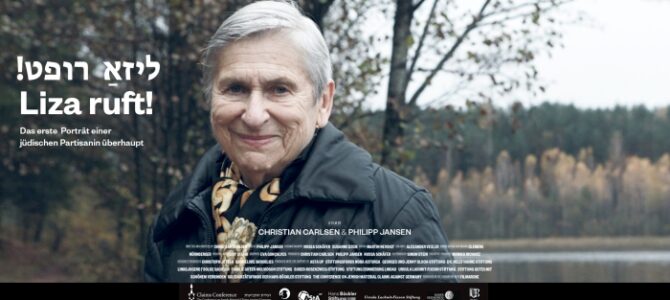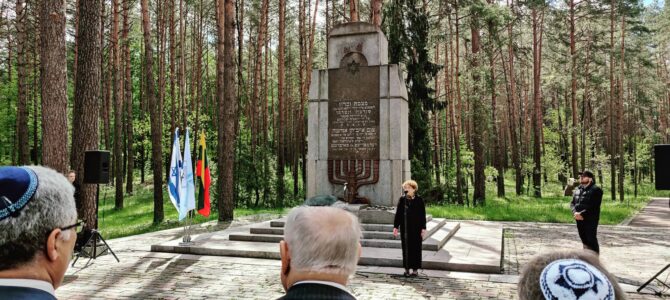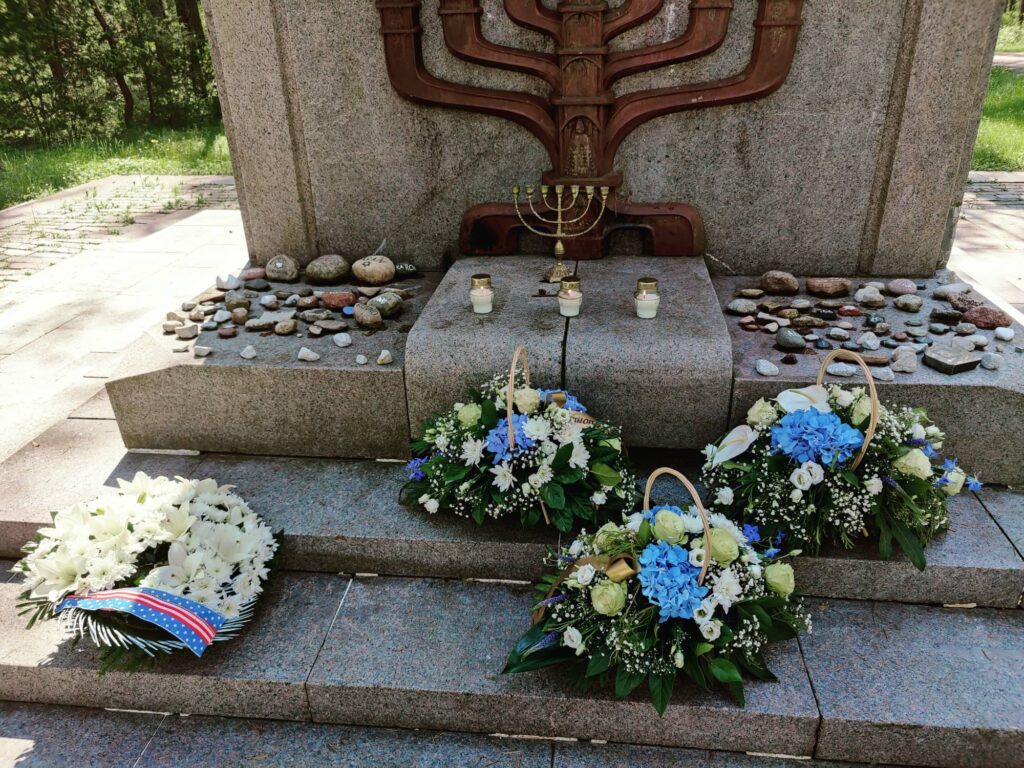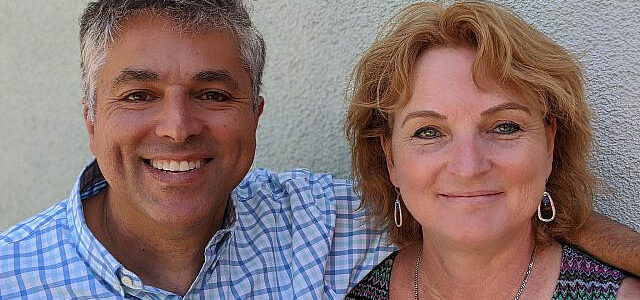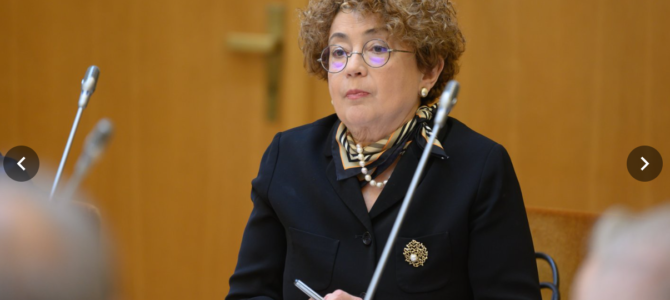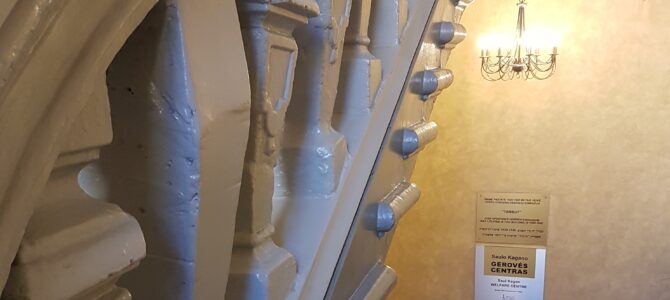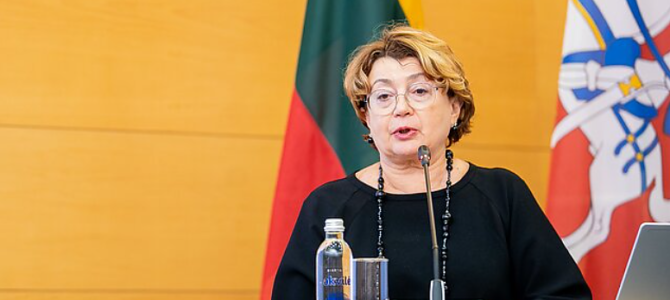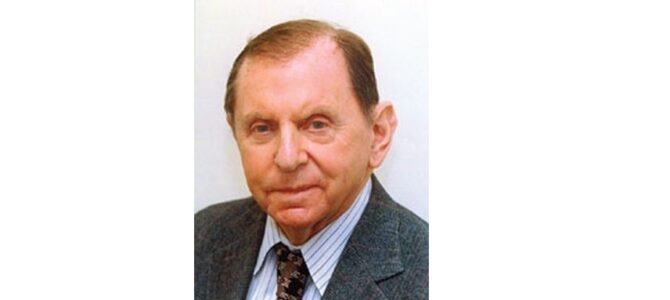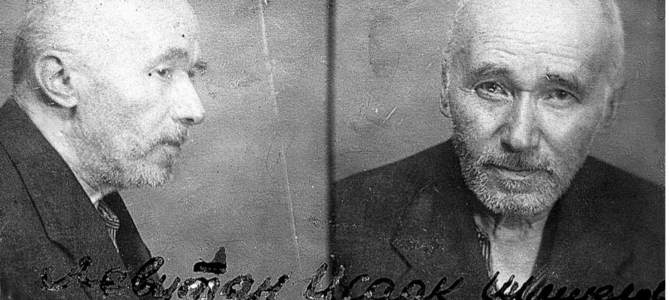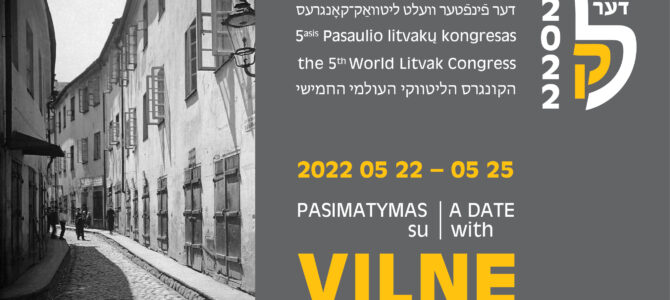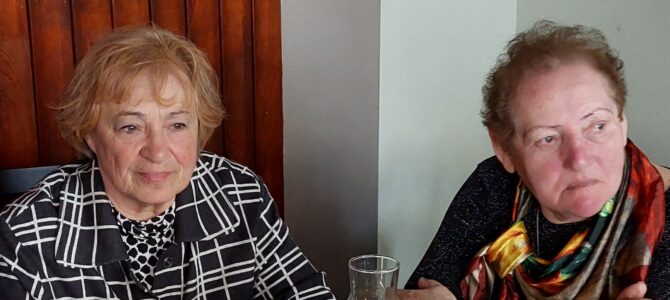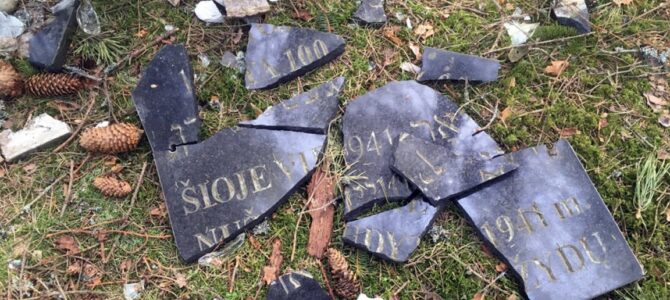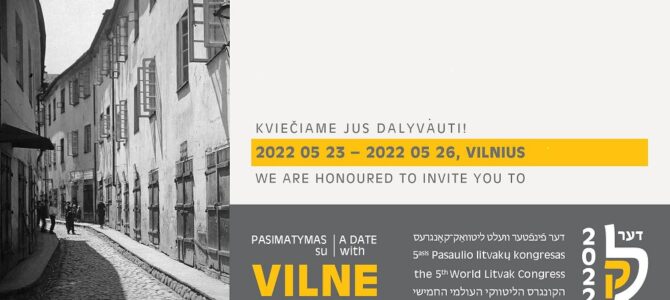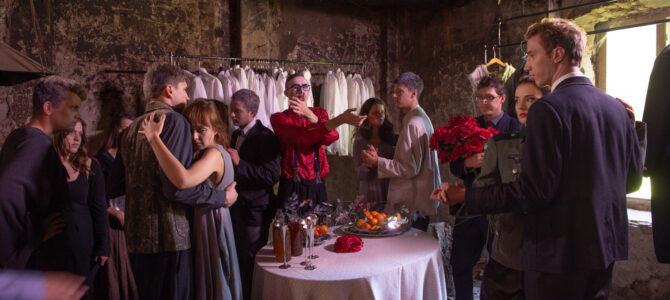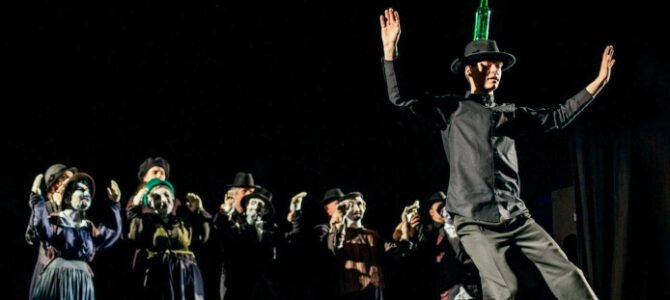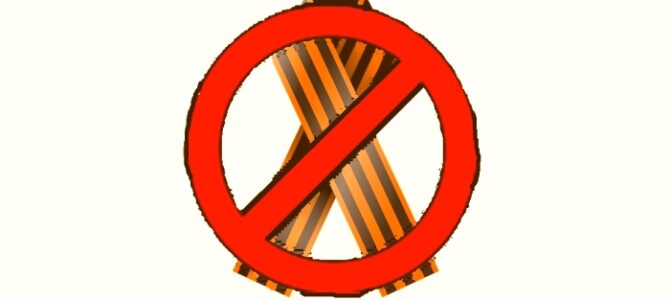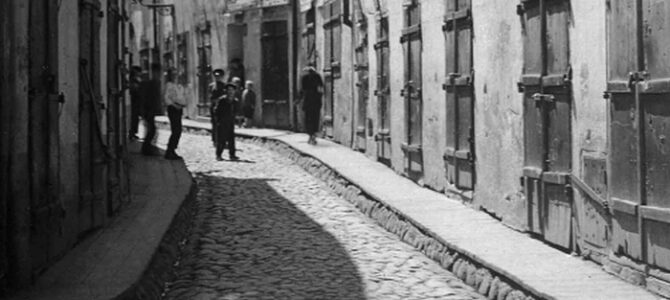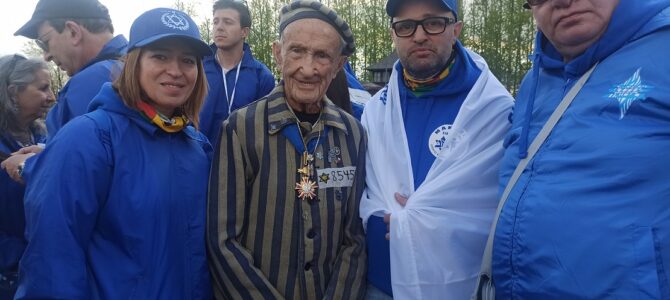In 2014 a group of German filmmakers travelled to Lithuania to document the amazing life story of our resident Jewish partisan soldier and long-standing member of the Community who recently celebrated a milestone birthday. The film was released in 2015 and is available on DVD and may be booked by cinemas anywhere in the world (see contact information at the bottom of this post). Here are the liner notes from the DVD released in 2015:
Fania Yocheles-Barntsovskaya was about to begin her studies when on June 22, 1941, the Germans invaded her hometown of Vilnius, known at that time as the Jerusalem of the North.


